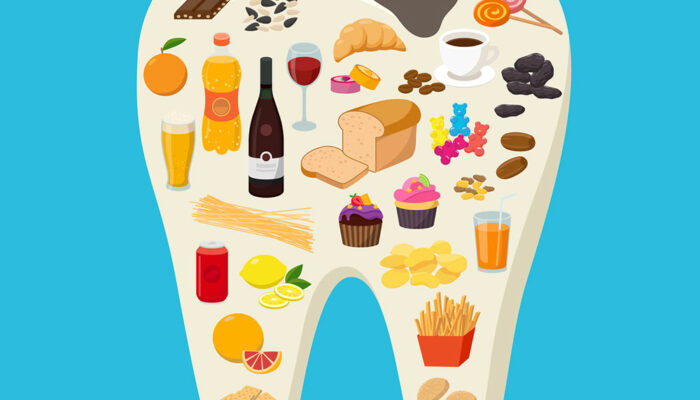
Top 4 Foods for Managing Menopause Symptoms
Menopause is a phase in the female reproductive cycle. It usually occurs 12 months after the last menstrual cycle. Some of the common symptoms in this phase include hot flashes, sleep disturbances, and changes in mood. This is a natural process. However, it can bring with it some uncomfortable changes. Here, lifestyle changes, like better nutritional choices, can help one deal with the transition. So, here are some foods that can help menopause symptoms:
1. Dairy products
During menopause, the female body experiences a drop in estrogen levels. This can increase of risk of fractures, as estrogen works with calcium, vitamin D, and other minerals to maintain the strength of bones. So, to manage bone health, one should opt for foods rich in calcium, like dairy products, including milk, yogurt, and cheese. These foods also contain other essential nutrients like vitamins D and K, magnesium, potassium, and phosphorus. Some studies also suggest that those who have dairy products may have a lower risk of developing premature menopause.
2. Whole grains
A 2021 review considered studies that investigated the link between nutrient/food intake and eating patterns and the intensity of menopausal symptoms. The review suggested that those who tend to have more whole grains, along with vegetables and unprocessed foods, experience less severe menopausal symptoms. Whole grains are rich in fiber and B vitamins like riboflavin, pantothenic acid, thiamine, and niacin. Here, brown rice, barley, quinoa, rye, oats, and Khorasan wheat, also called Kamut, are good options to consider. Additionally, while buying packaged foods that claim to have whole grains, one should always check the ingredients on the food label to verify the claim. Ideally, the first ingredient on the label should be whole grains.
3. Protein sources
Protein is an important nutrient for managing menopause symptoms. Everyone must have 45g to 55g of protein per day. However, during menopause, a drop in estrogen levels can lead to decreased muscle mass, making it important for those affected to get even more protein than usual. They can opt for good protein sources like eggs, fish, meat, and legumes. They can also opt for protein supplements upon consulting a nutritionist. To keep track of protein intake and meet daily requirements, it is vital to plan daily meals and incorporate quality protein sources in each meal.
4. Healthy fats
Studies suggest that a high intake of healthy fats could benefit women going through menopause. Healthy fats, like omega-3 fatty acids, are found in seafood like salmon, tuna, mackerel, and herring. Alternatively, when dealing with menopause, one can opt for healthy fat sources like flax seeds, chia seeds, and hemp seeds.
To make an informed choice, one should consider speaking to a gynecologist and understand what to expect during menopause. Further, seeking nutritional advice from a health professional can help one get a food regimen customized to their needs when dealing with menopause symptoms. As everyone has unique food preferences, allergies, intolerances, and deficiencies, consulting a professional before making drastic changes to the food plan is important.



